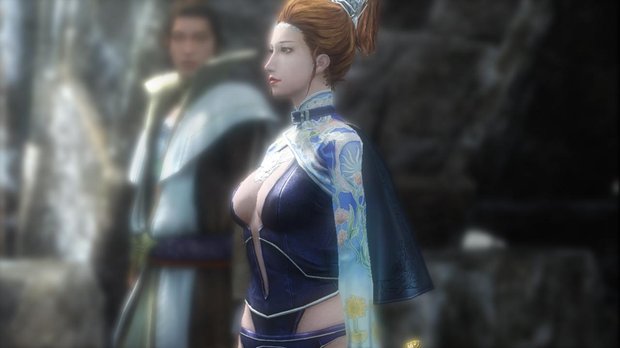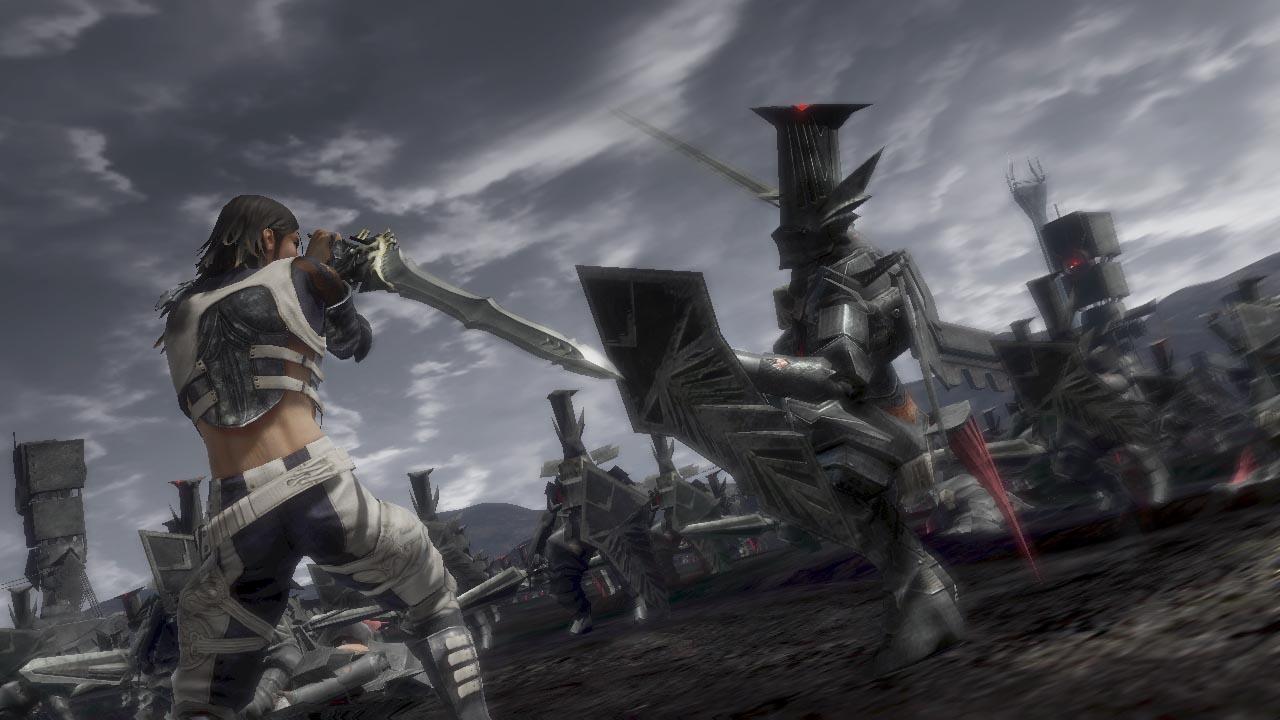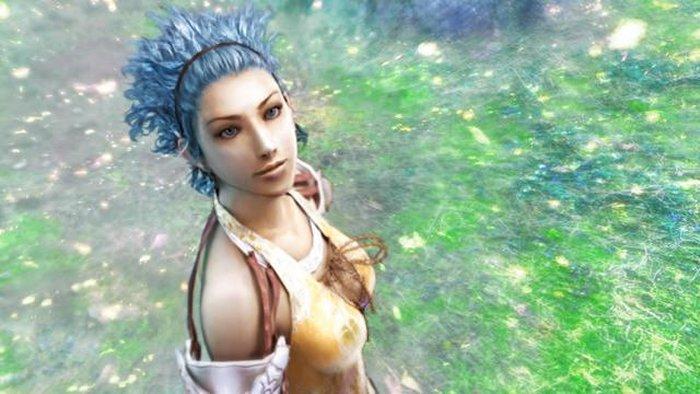If you think the classic Japanese role-playing blend of highly choreographed battle sequences and wooden exploration feels over-familiar, walk a few miles in the shoes of Kaim Argonar, immortal man. Lost Odyssey’s ageless, little-spoken hero makes a fitting emblem for a genre in decline, gazing upon humanity with an apathy born of centuries of fruitless wandering.

Other leading men can’t help but seem hollow by comparison, their private struggles with destiny trivial and contrived. When Cloud Strife was in potty-training, Kaim was slaughtering thousands at the behest of corrupt generals. He’s seen kingdoms rise and fall amid terrible violence, spent unknown spans in solitary confinement, witnessed entire generations succumb to bigotry, greed, cowardice or simple mischance – but in a pleasing twist, the memories that haunt him most vividly are of small things. Tiny domestic dramas, brief encounters on the endless road, poking through the veil of amnesia like outstretched hands. These are the sights and sounds that ultimately thaw our hero’s travel-worn gloom, not the spectacle of battle, or the prospect of a continent-dooming conspiracy. As Lost Odyssey begins, somebody drops a meteor on Kaim. He barely even blinks.
Couched as a collection of animated short stories, Kaim’s scattered memories are the things that most obviously distinguish Mistwalker’s opus from its inspiration, Final Fantasy. Microsoft picked an interesting time to invite the comparison; by late 2007, Square Enix had steered the Final Fantasy series away from some of its most famous tropes and devices, experimenting with more cinematic, reflex-driven combat and consolidating its toehold on the MMO scene. Ultimately, Lost Odyssey feels less like a clone of Final Fantasy as a vision of what Final Fantasy might have been, had Square resisted the temptation to strike out for the horizon.

It’s bafflingly, beguilingly anachronistic – a painstaking recollection of the genre’s glory days which retains every foible and every flaw. Well, not quite. True, the storytelling and interactive elements aren’t so much “distinct” as locked in windowless rooms and obliged to communicate by tapping the wall. And yes, the base ingredients of combat and character development lean heavily on Square’s efforts – there are the usual spells, status effects and items, some (like the restorative ‘Angel’s Plume’) almost brazen in their derivativeness.
But in terms of how everything comes together, Lost Odyssey introduces delicate innovations that add up to more than their sum. It’s that capacity for the small, for the individual brushstroke, which singles this game out for attention. The question of positioning is more sharply defined, for one – both your and the enemy’s front rank will block a proportion of damage aimed at the rear, creating a great push-pull rhythm between savaging the grunts and blitzing the damage-dealers tucked behind them. Spells take time to cast, for another, and you can delay those aimed at your party by sucker-punching the caster.

Rings can be equipped to apply a range of boosts to weapon attacks, providing you master a surprisingly non-irritating QTE. The game’s premise also pays into a thoughtful split between how characters level – immortal characters are more customisable and will revive after they’re knocked down, but they can only learn new abilities from certain items and their mortal companions, who acquire skills the old-fashioned way. It’s important, then, to keep rotating characters into your squad.
We may never see a game like this on an Xbox console again. Having failed to strike gold with Mistwalker, Microsoft has funnelled its resources into genres that cut the mustard in North America and Europe. The JRPG in general, meanwhile, has adapted to ill fortune by hybridising with action games. And so it is that Lost Odyssey has become one of Japan’s greatest last stands – an assertion of the JRPG’s awkward beauty which, like Kaim, more than stands the test of time.
Sign up to the GamesRadar+ Newsletter
Weekly digests, tales from the communities you love, and more
The official source for everything Xbox One, Xbox 360, and Xbox Series X. We're also a magazine, covering all things Xbox in the UK and the US. Originally established in 2001, the magazine was discontinued in April 2020.



